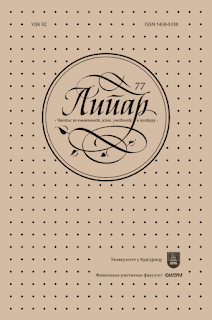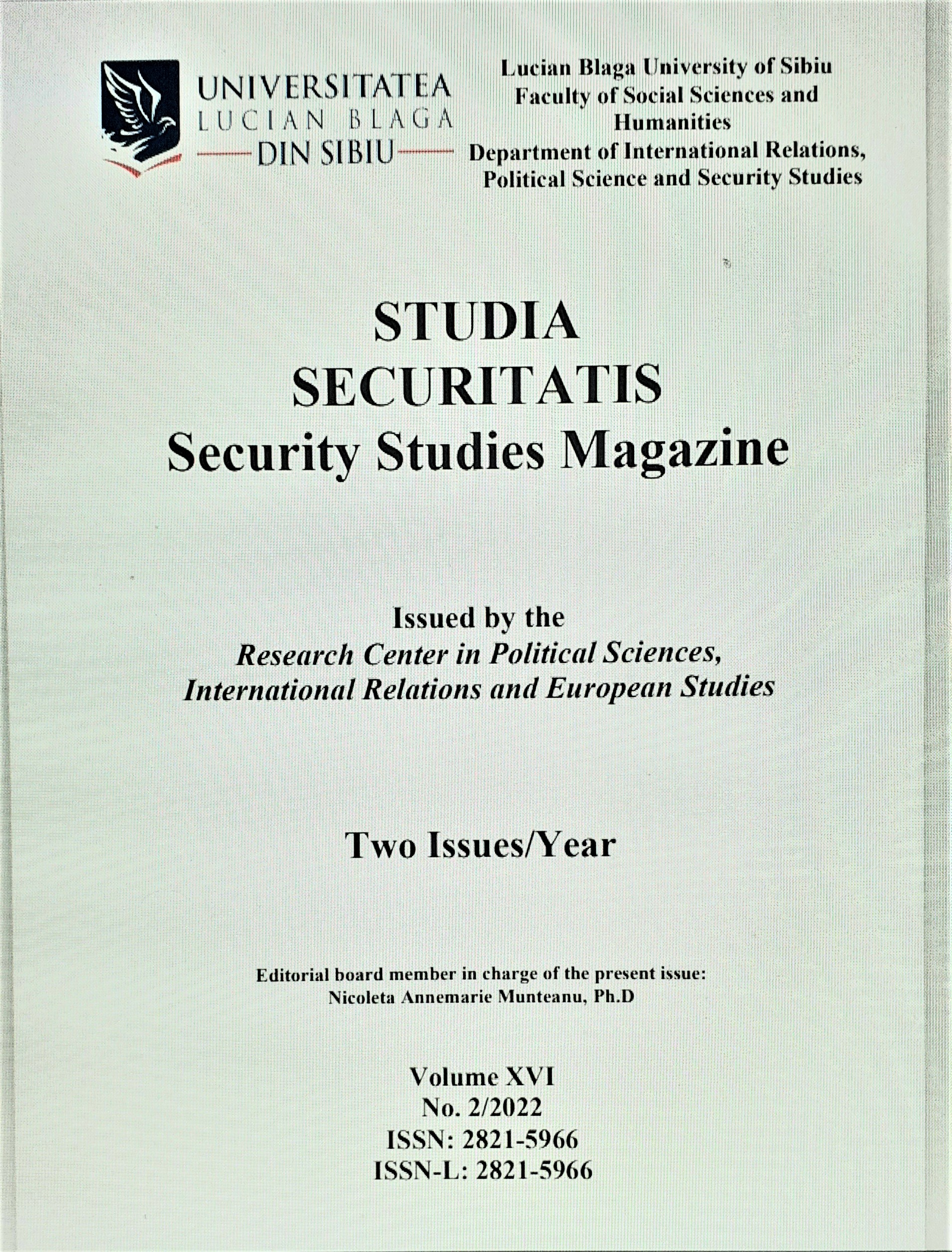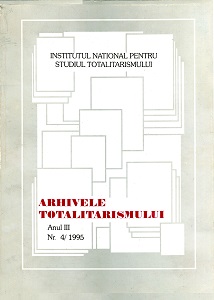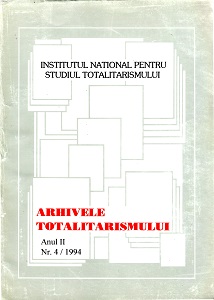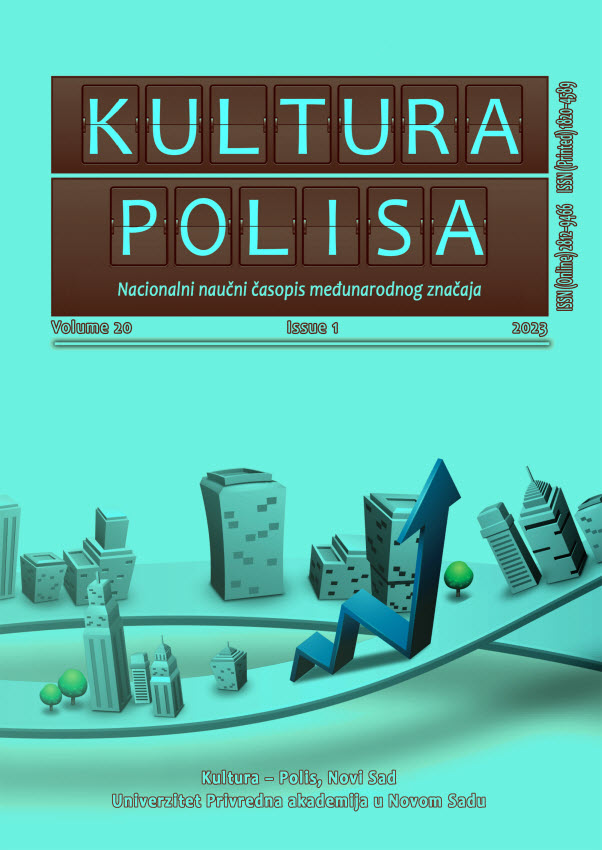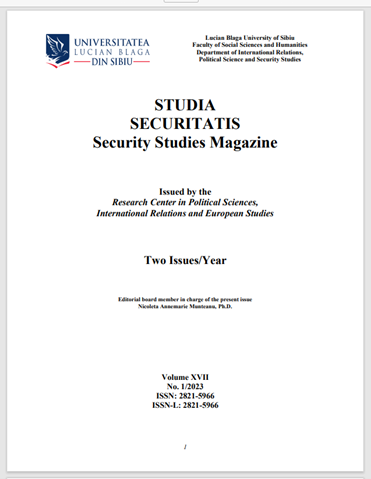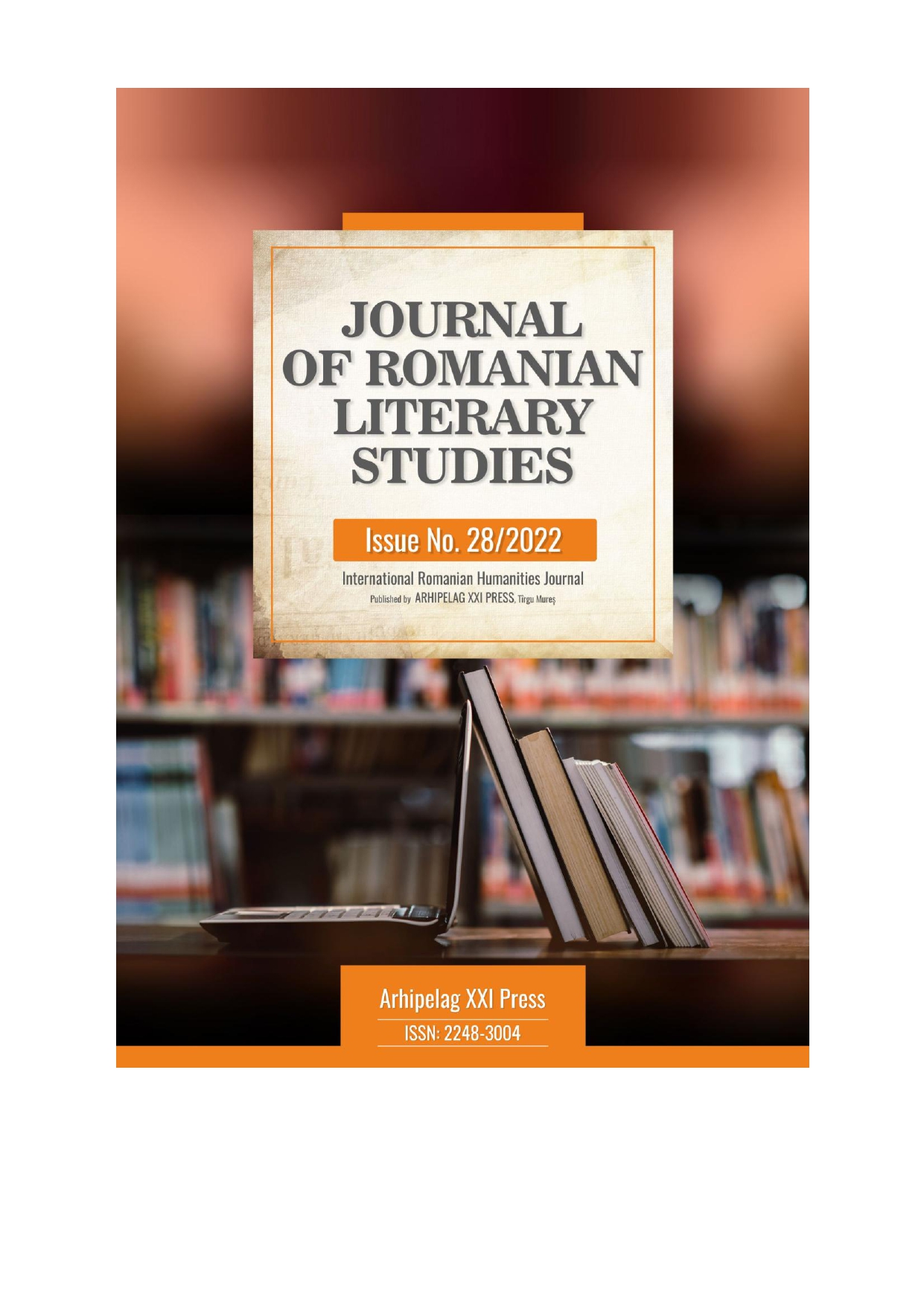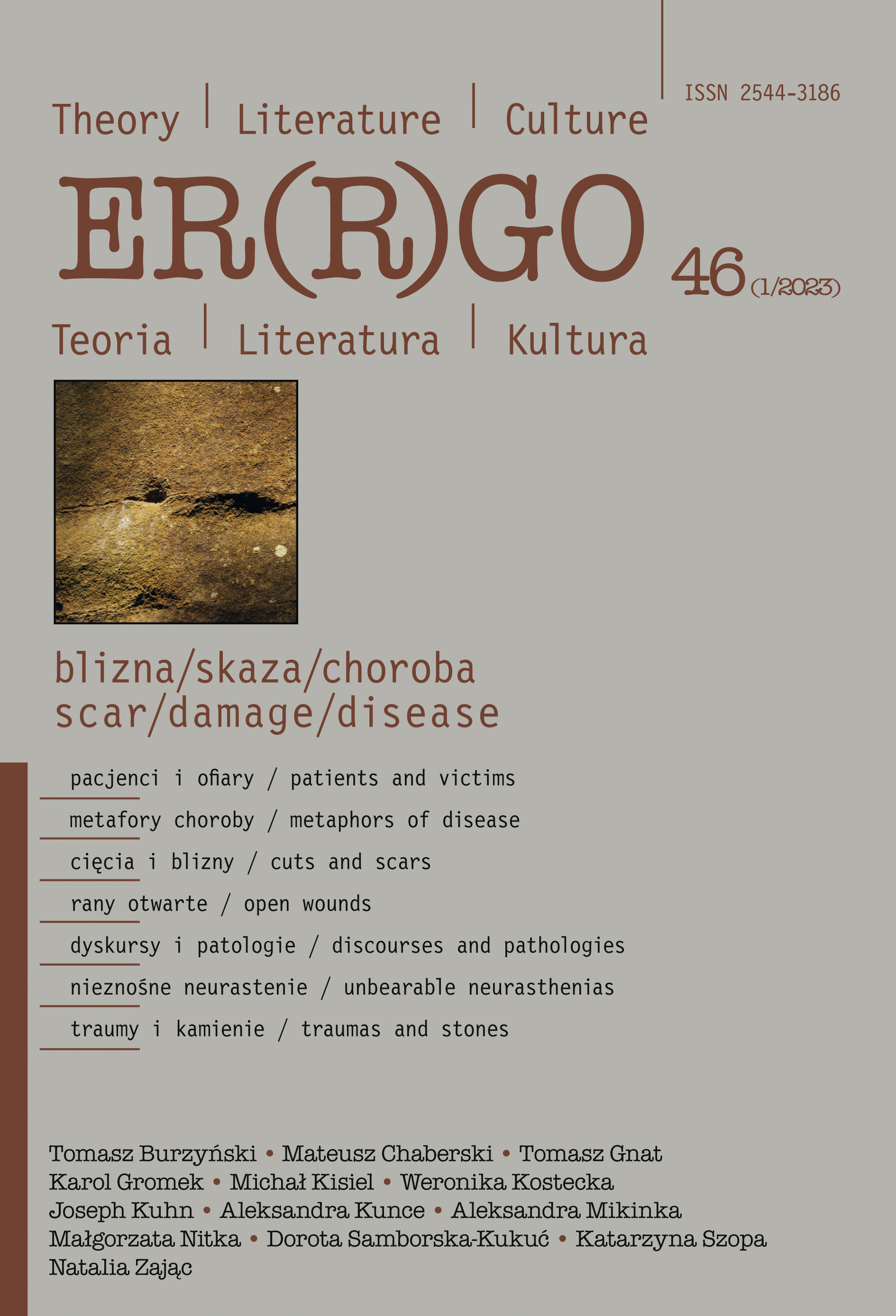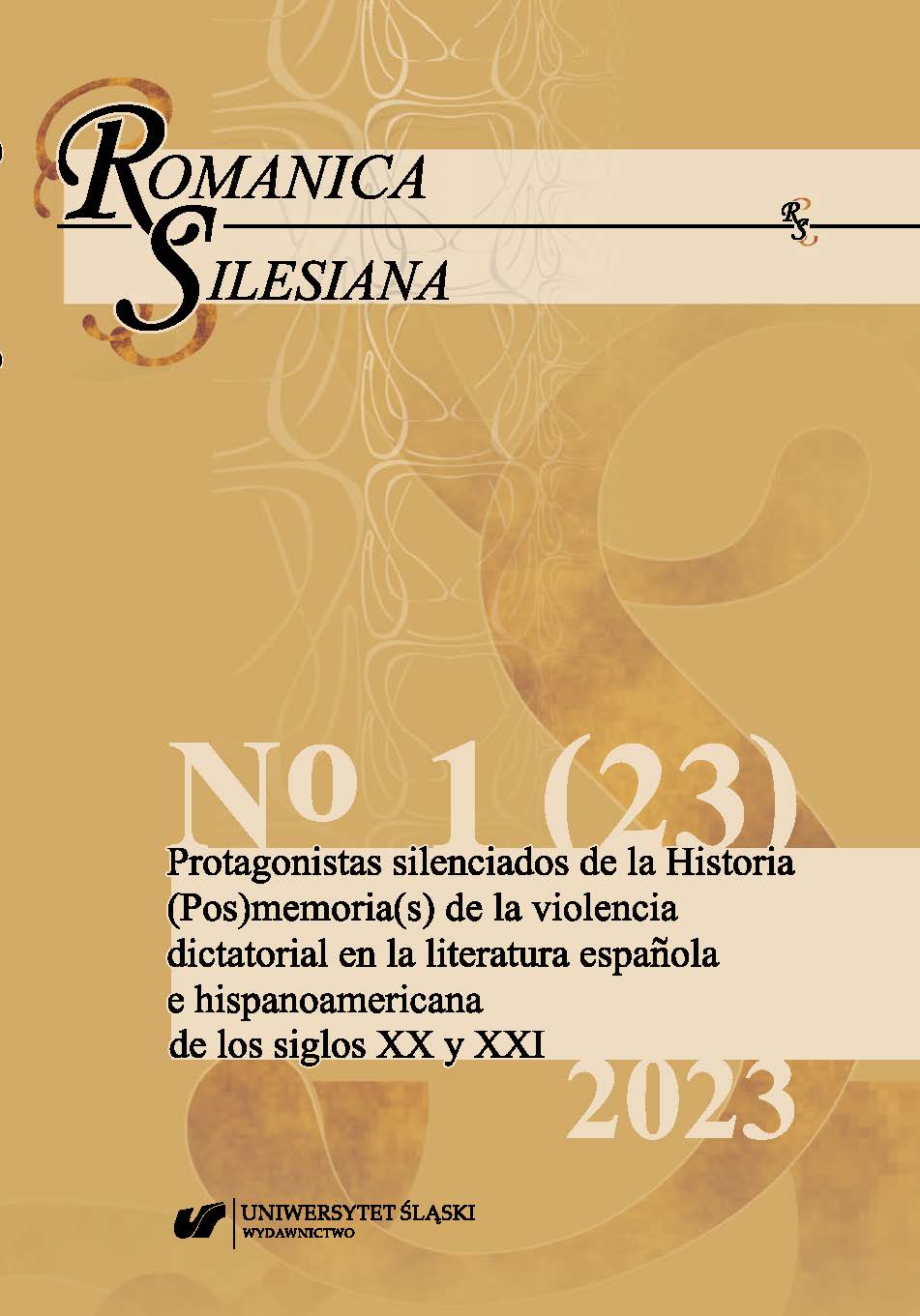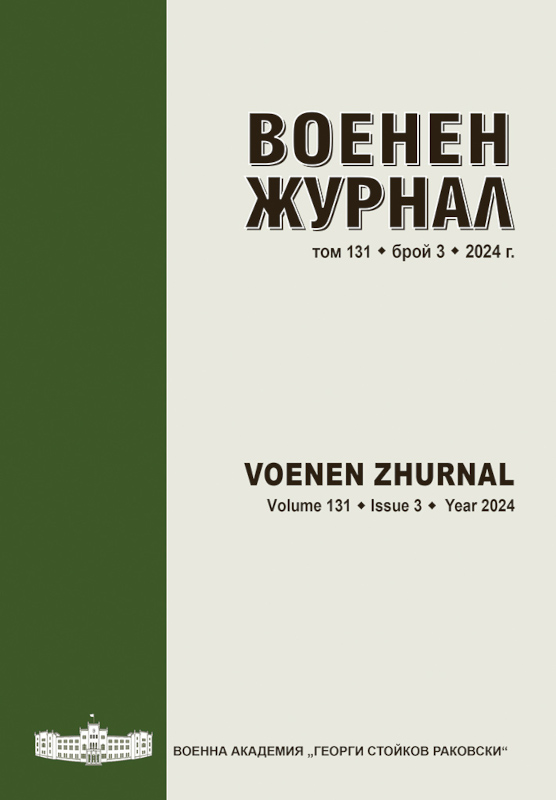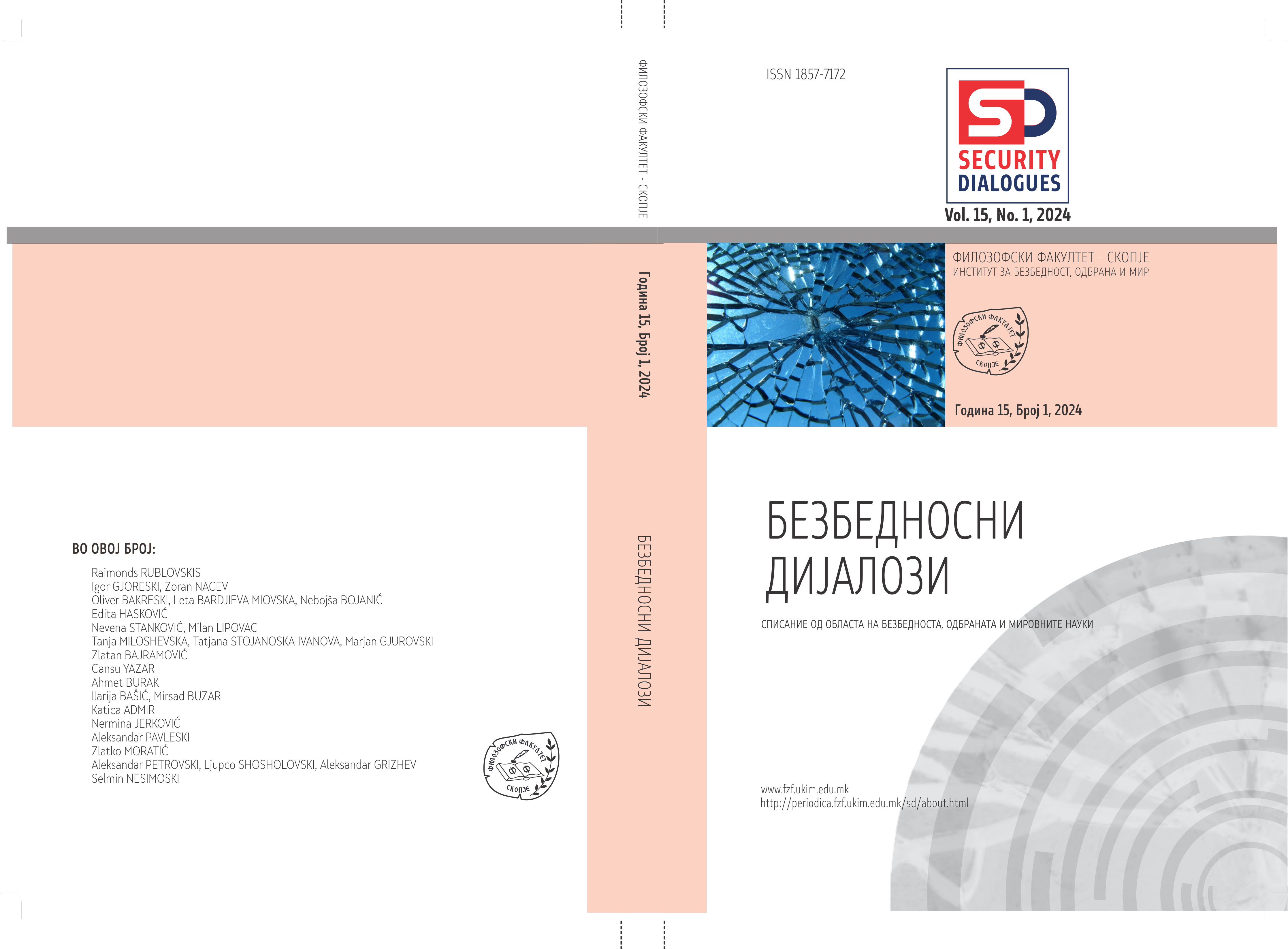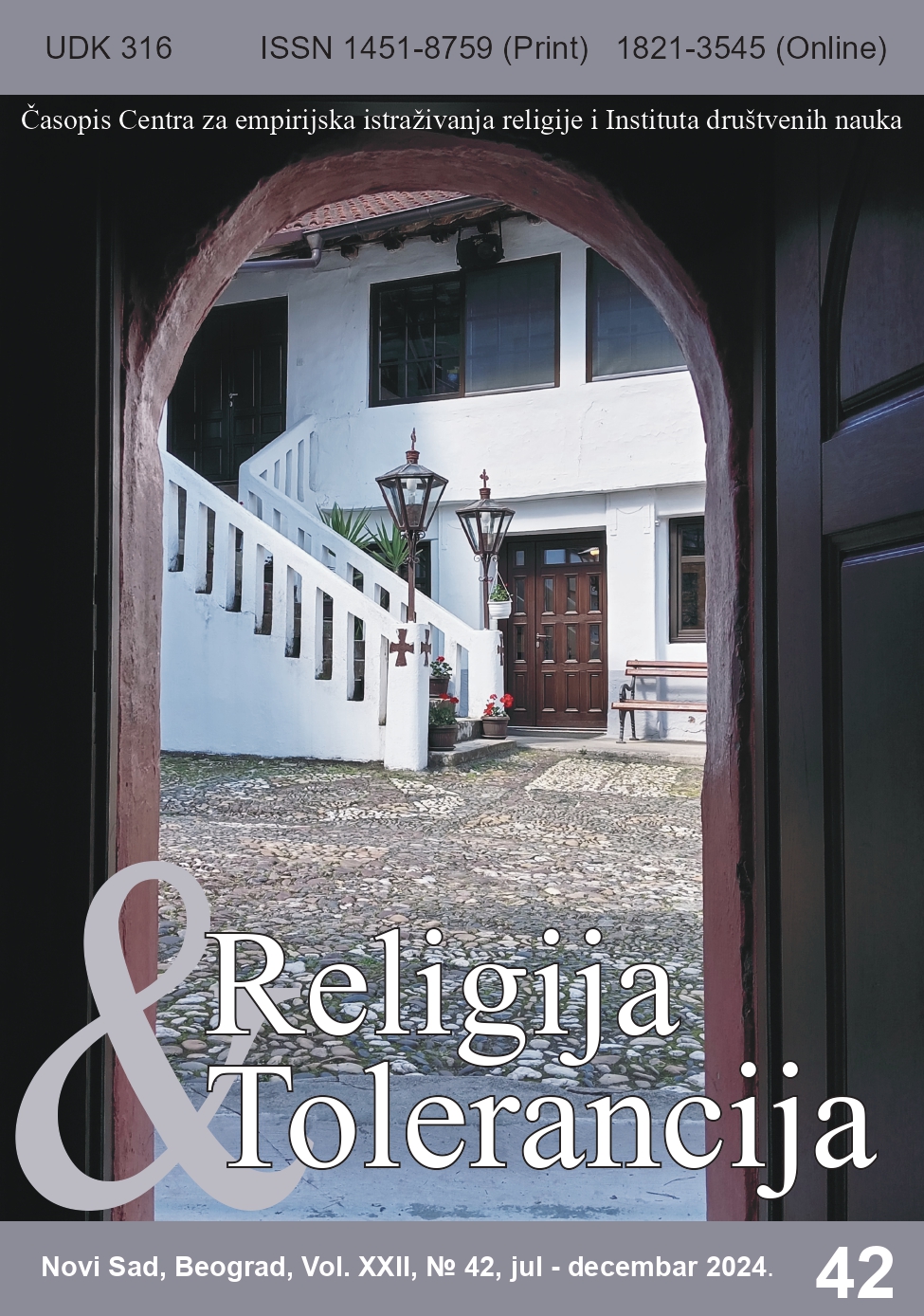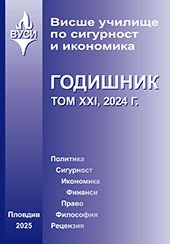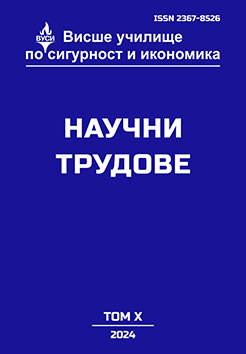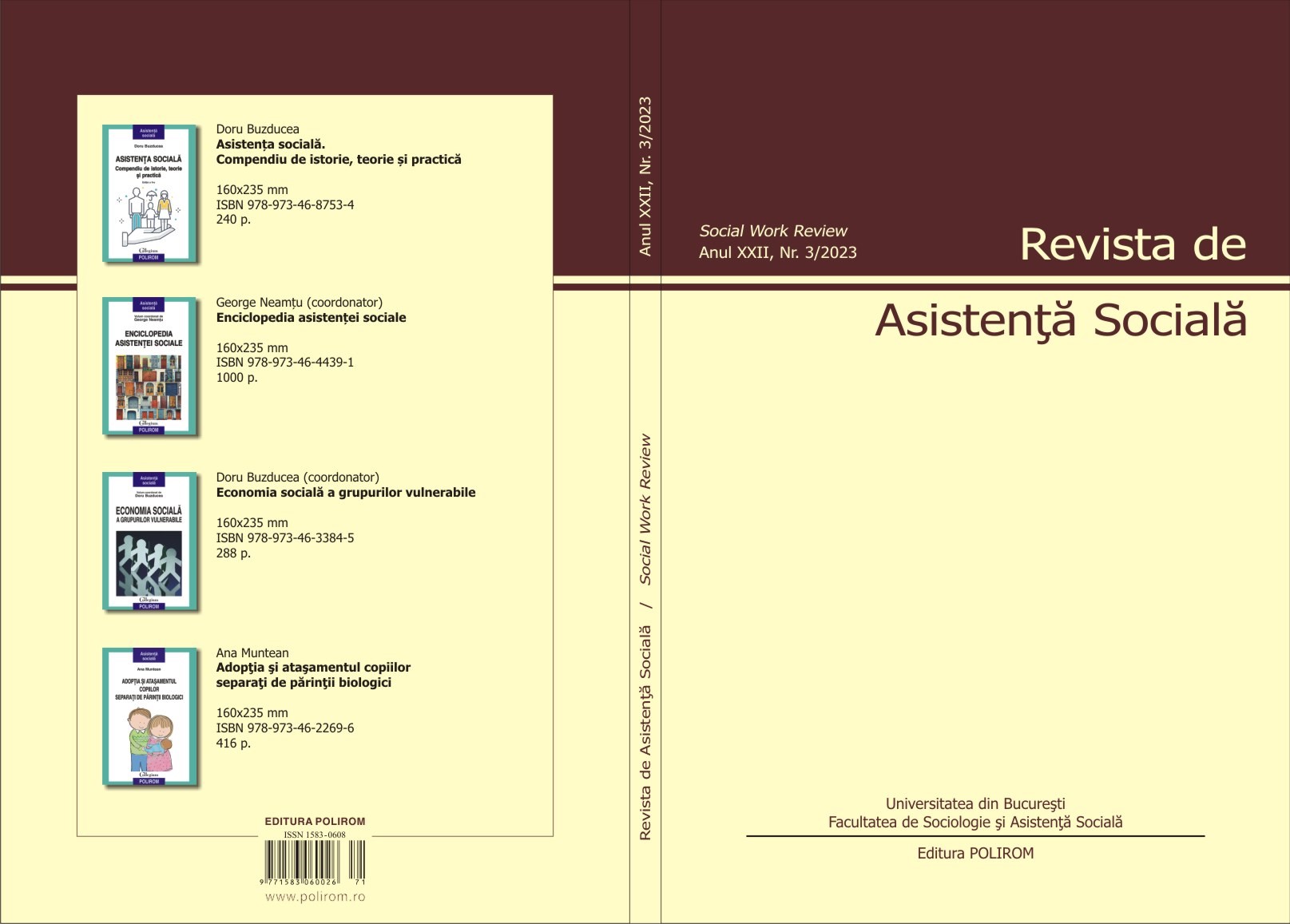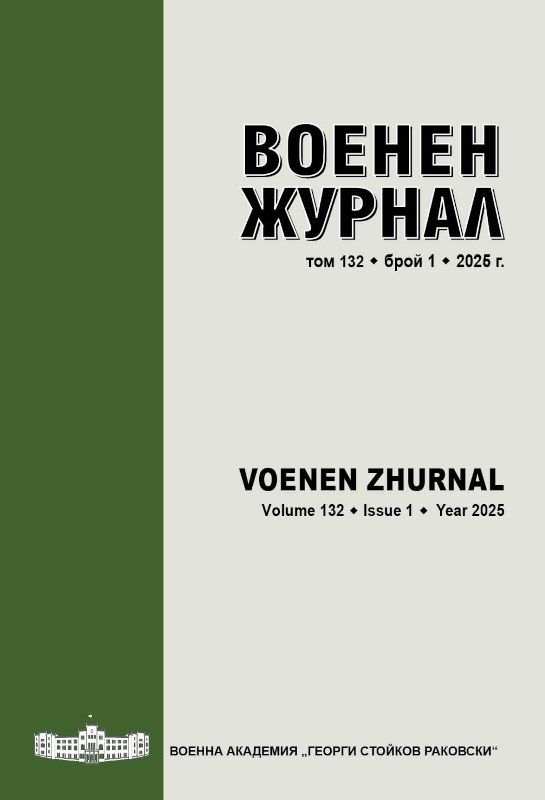Author(s): Paul Caravia,Mircea Stănescu,Dan Cătănuş,Ovidiu Bozgan,Vitalie Văratec,Anișoara Budici,Flori Stănescu,Alina Tudor / Language(s): Romanian
Issue: 4/1995
Reviews of:
1. Nicolai Berdiaev, Originile și sensul comunismului rus, traducere de loan Mușlea, studiu introductiv de Vasile Boari, Editura Dacia, Cluj-Napoca, 1994.
2. Dimitri Volkogonov, Le vrai Lénine. D'après les archives secrètes soviétiques, traduit de l'anglais par Serge Quandruppani et Dimitri Sesemann, Robert Laffont, Paris, 1995, 465 p.
3. Michaël Voslensky, Les nouveaux secrets de la Nomenklatura, traduit du russe pari Michel Secinski et Pierre Lorrain, Paris, Plon, 1995, 453 p.
4. Stephen Fischer - Galați, Europa de Est și războiul rece. Percepții și I perspective, traducere de Luiza Pârvu, Dan Popescu și Florin Tecuceanu, Institutul European, lași, 1996.
5. Anatol Petrencu, Relațiile românoitaliene: de la confruntare la colaborare 1945-1985, Universitas, Chișinău, 1993, 216 p.
6. Verigi. Almanah istoric,Tom. I, Progres Phenix Atheneu, Moscova, 1991.
7. Ghiță Ionescu, Comunismul în România, Traducere din limba engleză de Ion Stanciu, Editura Libero, București, 1994.
8. Viorel Marineasa, Daniel Vighi, Rusalii ’51. Fragmente din deportarea în Bărăgan, Studiu istoric (Postfață) de Viorel Screciu, Editura Marineasa, Timișoara, 1994.
9. Eugen Măgirescu, Moara dracilor Amintiri din închisoarea de la Pitești,Cuvânt înainte de Remus Radina,. Editura Fronde, Alba lulia i Paris, 1994.
10. Memoria ca formă de justiție. Comunicări prezentate la Seminarul de la Sighetul Marmației(10-12 iunie 1994), Alianța Civică-Departamentul de Istorie Orală, 1994.
11. Gabriel Țepelea, Amintiri și evocări. Editura Fundației Culturale Române, București, 1994.
12. Ion Antohe, Răstigniri în România după lalta, Editura Albatros, București, 1995.
13. Nae lonescu, Fenomenului legionar, introducere și epilog de Constantin Papanace, Antet XX Press, București, 1993.
14. Horia Sima, Menirea naționalismului, Editura Vremea Imex, București, 1993.
15. Larry L. Watts, O Casandră a României. Ion Antonescu și lupta pentru reformă (1918-1942), traducere dè Liliana Pop și Virgil Stanciu, Editura Fundației Culturale Române, București, 1993.
16. Faust Brădescu, Studii legionare postbelice, Editura Gordian, Timișoara, 1994.
17. Ideea care ucide. Dimensiunile ideologiei legionare, Editura Noua Alternativă, București, 1994.
18. Radu loanid, Sabia Arhanghelului Mihail. Ideologia fascistă în România, Editura Diogene, București, 1994.
19. Nae Ionescu, Suferința rasei albe, Ediție îngrijită de Dan Ciachir, Editura Timpul, . lași, 1994.
20. Horia Sima, Istoria Mișcării Legionare, Editura Gordian, Timișoara, 1994.
21. Mihail Sturdza, România și sfârșitul Europei. Amintiri din țara pierdută, Editura Fronde, Alba lulia - Paris, 1994.
22. Kurt W. Treptow, Gh. Buzatu, "Procesul” lui C. Z. Codreanu (Mai,1938), lași, 1994.
23. Cristian Troncotă, Eugen Cristescu, asul serviciilor secrete românești, cu o prefață de dr. Dan Zamfirescu, Editura Roza Vânturilor, București, 1994.
24. Stelian Bălănescu, Ion 'X Solacolu, Inconsistența miturilor: Cazul Mișcării Legionare, Editura Polirom, lași, 1995.
25. V. Blănaru-Flamură, Generalul Antonescu în cămașă verde legionară, Editura Sepro SRLK, colecția Iconar, în colaborare cu Fundația Culturală Buna Vestire, București, 1995.
26. C. Z. Codreanu, Însemnări de la Jilava, ediție îngrijită de Radu Dan Vlad, “Cuvânt înainte” de Horia Sima, Editura Majadahonda, București, 1995.
27. Nicu Crăcea, Dezvăluiri legionare, Editura Fundației “Bunavestire", București, 1995.
28. Z. Ornea, Anii'30. Extrema dreaptă românească, Editura Fundației Culturale Române, București, 1995.
29. Nicolae C. Paulescu, Instincte, patimi și conflicte, Text îngrijit, introducere, repere bio-bibliografice, note și comentarii de Răzvan Codrescu, Fundația k Anastasia, București, 1995.
30. Nicolae Petrașcu, Din viața legionară, Cuvânt înainte de Horia Sima și o postfață de Sebastian Mocanu, Editura Majadahonda, București, 1995.
31. Grigore Traian-Pop, Garda, Căpitanul și Arhanghelul din cer. O istorie obiectivă a mișcării legionare, vol. I, Editura Eurovia, București, 1995.
32. George Popescu, Un filosof al istoriei: Horia Sima, Editura Majadahonda, București, 1995.
33. Horia Sima, Doctrina legionară Ediție îngrijită de Radu Dan Vlad, studiu introductiv de Mircea Nicolau, Editura Majadahonda, București, 1995.
34. Horia Sima, Sfârșitul unei domnii sângeroase, Editura Gordian, Timișoara, 1995.
35. Horia Sima, Era Libertății. Statuï Național-Legionar, voi.I-II, Editura Gordian, Timișoara, 1995.
36. Leon Volovici, Ideologia naționalistă și «problema evreiască» în România anilor '30, Editura Humanitas, București, 1995.
37. Eugen Weber, Dreapta românească, traducere, studiu introductiv și note de Achim Mihu Editura Dacia, Cluj-Napoca, 1995.
More...

